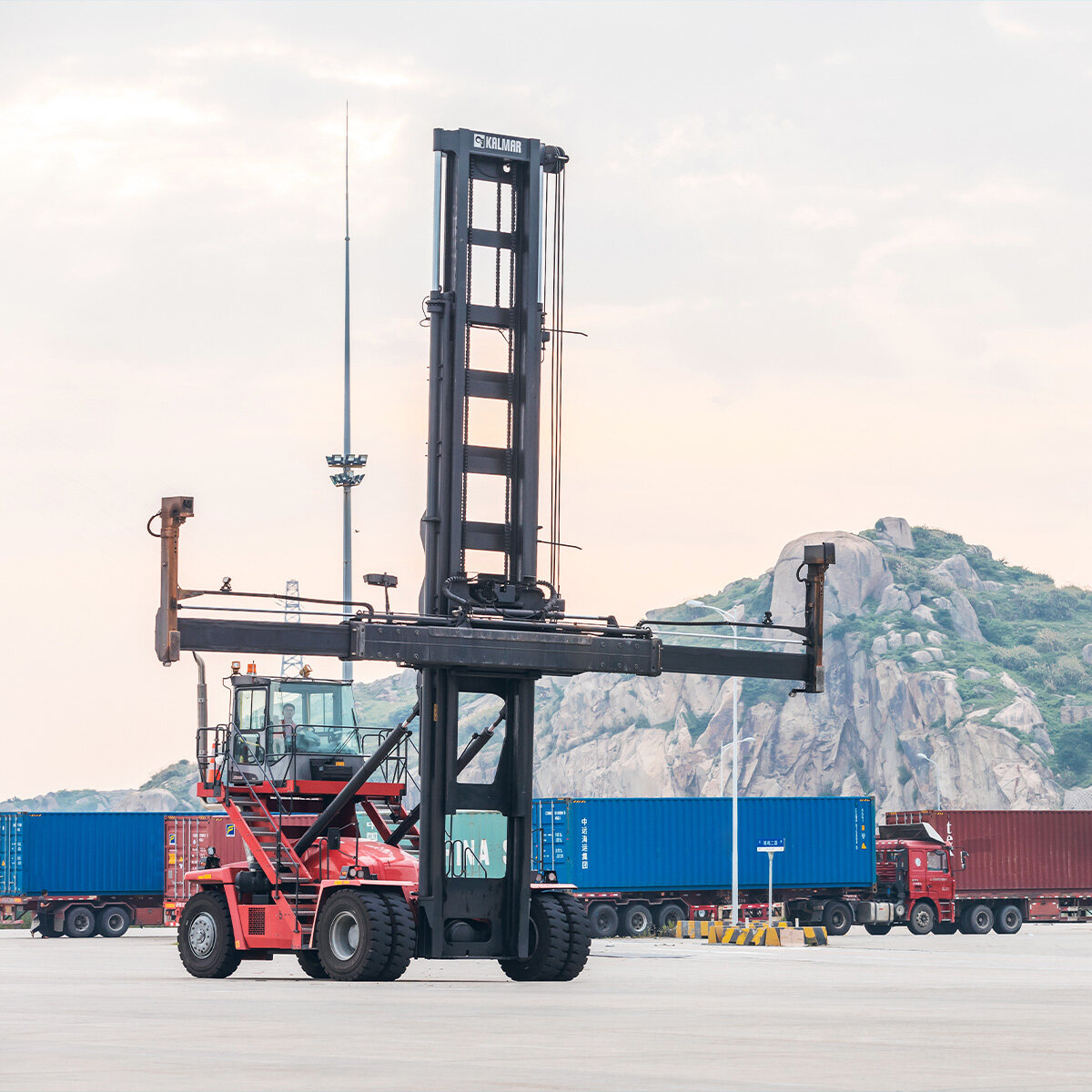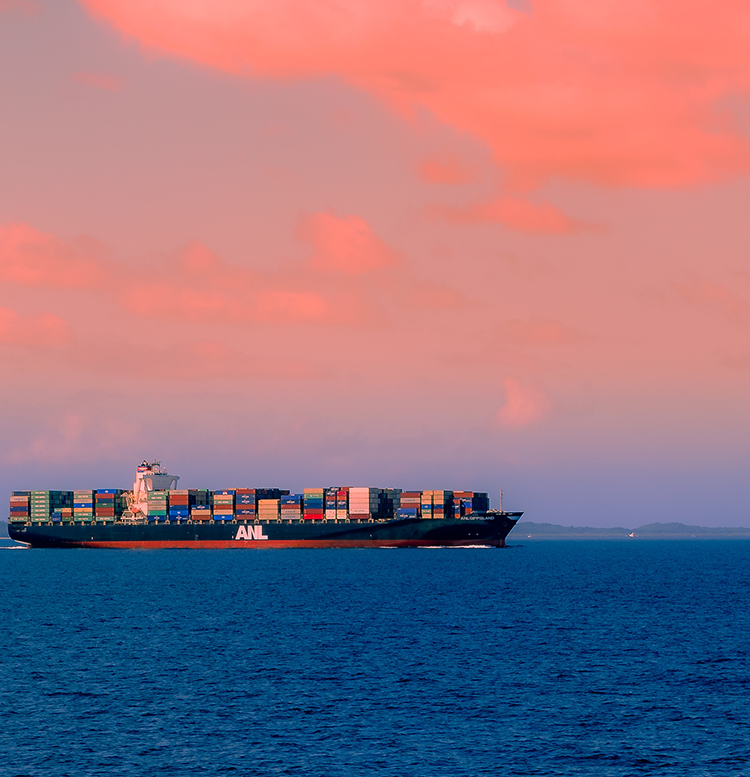Welcome to this website!
Email format error
Email cannot be empty
Email already exists
6-20 characters(letters plus numbers only)
The password is inconsistent
Please enter the email address you’d like your password reset information sent to.
Email format error
Email cannot be empty
Email does not exist
Reset account password
For the account
6-20 characters(letters plus numbers only)
The password is inconsistent
Reset success
Your password was reset. You can log in using your new password.
Login

News

The Importance of Clearing & Forwarding Services in Global Trade
2025-03-18 10:15:54
In the complex world of international trade, the efficient movement of goods from one country to another is crucial for businesses to thrive. This is where clearing and forwarding agents play a pivotal role. They act as intermediaries between exporters, importers, and customs authorities, ensuring that goods are transported smoothly, efficiently, and in compliance with all relevant regulations. In this blog post, we will explore the services provided by clearing and forwarding agents, their importance in global trade, and how to choose the right agent for your business.
Understanding Clearing and Forwarding Agents
Clearing and forwarding agents are experts in logistics and customs procedures. Their primary role is to facilitate the movement of goods across international borders by managing customs clearance and arranging transportation. These agents are well-versed in the intricacies of customs regulations, documentation requirements, and transportation logistics, making them indispensable for businesses engaged in international trade.
Key Services Provided by Clearing and Forwarding Agents
1. Customs Clearance
Customs clearance is one of the most critical services provided by these agents. They ensure that all necessary documentation is prepared and submitted to customs authorities. This includes import and export documentation such as bills of lading, packing lists, commercial invoices, certificates of origin, and other specific documents required by the importing country. By handling these formalities, agents help avoid delays and penalties that can arise from non-compliance.
2. Transportation Arrangements
Clearing and forwarding agents organize the transportation of goods from the point of origin to the final destination. They can arrange for various modes of transport, including sea, air, rail, and road, depending on the client's needs and budget. These agents also negotiate freight rates and book shipping space on behalf of their clients.
3. Warehousing and Logistics
Agents often provide warehousing facilities at ports or other strategic locations. This allows exporters and importers to store goods temporarily before they are transported further. They also coordinate local transportation, ensuring that goods are moved efficiently within the country.
4. Insurance and Risk Management
Clearing and forwarding agents can assist in obtaining marine or cargo insurance policies to protect goods during transit. This is crucial for mitigating risks associated with transportation, such as loss or damage.
5. Advisory Services
These agents offer valuable advice on trade laws, regulations, and best practices. They can help exporters and importers understand the specific requirements of different countries and provide guidance on optimizing shipping costs.
The Importance of Clearing and Forwarding Agents in Global Trade
The role of clearing and forwarding agents extends beyond mere logistics. They act as a bridge between exporters/importers and customs authorities, ensuring that all procedures are followed correctly. By handling the complexities of customs clearance and transportation, these agents allow businesses to focus on their core activities, thereby enhancing overall efficiency and productivity.
Moreover, their expertise in customs regulations and documentation helps businesses avoid costly mistakes and delays. In an increasingly globalized economy, where compliance with international trade laws is paramount, the services of clearing and forwarding agents are more important than ever.
Choosing the Right Clearing and Forwarding Agent
Selecting the right agent is crucial for the success of your international trade operations. Here are some key factors to consider:
1. Experience and Expertise
Choose an agent with extensive experience in the industry. They should be well-versed in customs regulations, documentation requirements, and transportation logistics.
2. Problem-Solving Ability
The agent should have a proven track record of resolving issues related to customs clearance, logistics challenges, and regulatory compliance.
3. Cost and Value
While cost is an important consideration, it should not be the sole deciding factor. Ensure that the agent offers value for money by providing comprehensive services and expert advice.
4. Reputation and Reliability
Look for an agent with a good reputation in the industry. Check for references and reviews from other clients to ensure that they are reliable and trustworthy.
Best Practices for Working with Clearing and Forwarding Agents
To ensure a smooth and successful partnership with your clearing and forwarding agent, consider the following best practices:
1. Clear Communication
Provide your agent with accurate and complete information regarding your shipments. This includes details about the goods, their value, and any specific requirements.
2. Timely Updates
Inform your agent of any changes in shipping schedules, destinations, or other relevant details. This helps avoid delays and additional costs.
3. Regular Reviews
Meet with your agent regularly to discuss performance, address concerns, and stay updated on regulatory changes.
Conclusion
Clearing and forwarding agents are essential partners for businesses engaged in international trade. Their expertise in customs procedures, transportation logistics, and regulatory compliance ensures that goods are moved efficiently and in accordance with all relevant laws. By choosing the right agent and maintaining a strong working relationship, businesses can focus on their core activities while benefiting from the seamless movement of goods across borders.
In a world where international trade continues to grow, the role of clearing and forwarding agents remains vital. They not only streamline the logistics process but also provide valuable advisory services, helping businesses navigate the complexities of global trade. Whether you are an exporter or importer, partnering with a reliable clearing and forwarding agent can make all the difference in the success of your international operations.
Contact us

